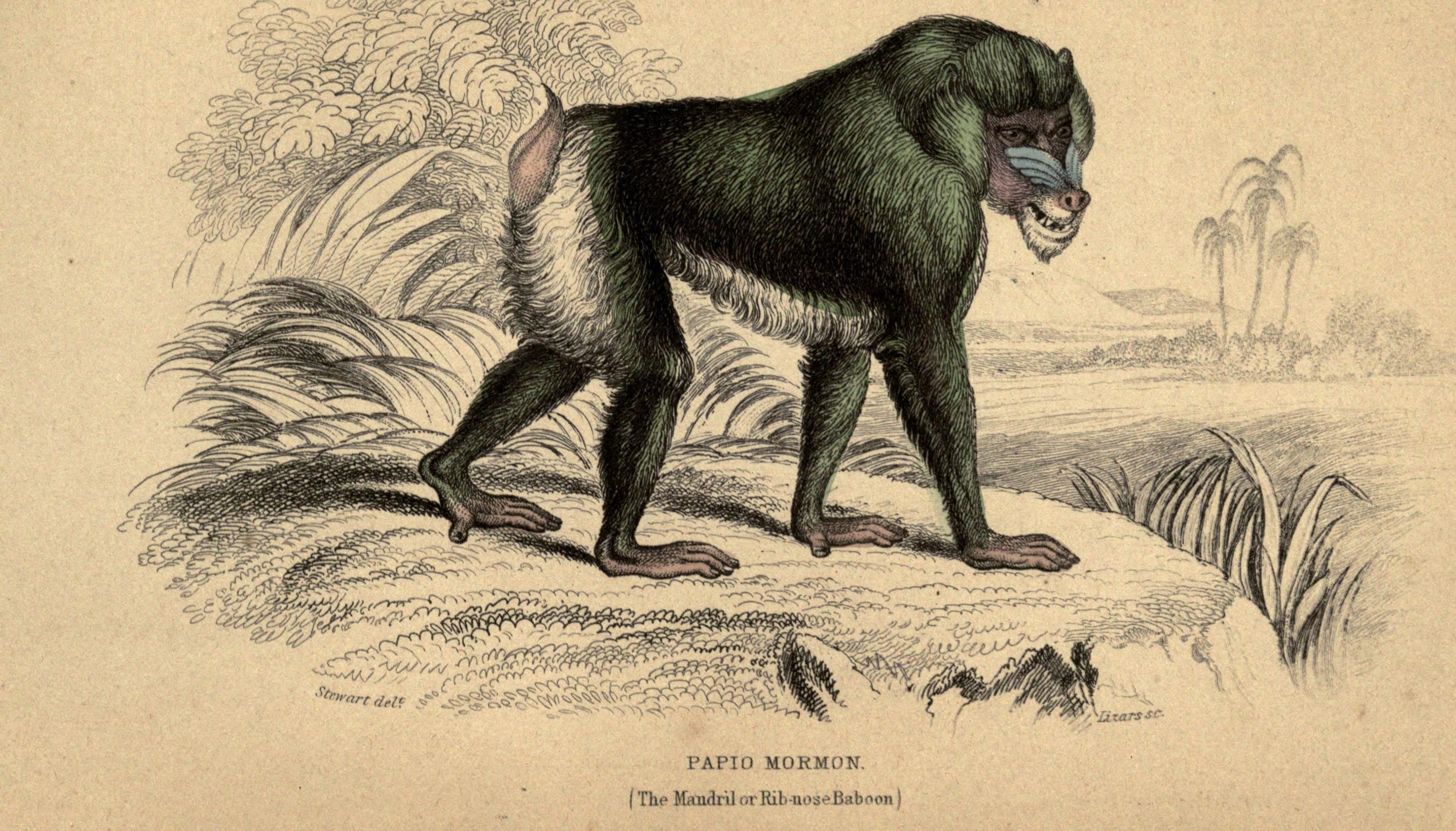At a Glance
- The recent absence of great white sharks from False Bay, South Africa, has disrupted the local marine ecosystem, shifting the balance of predator and prey relationships within the food web.
- Historically dominant predators, great white sharks, preyed on Cape fur seals and competed with sevengill sharks, but their decline has led to population increases in both secondary predators.
- The rise in seal and sevengill shark numbers has caused a drop in populations of small fish and bottom-dwelling sharks, demonstrating the interconnectedness of marine species.
- Researchers confirmed these shifts using a combination of long-term surveys, citizen science, and underwater video, identifying the phenomenon as a classic example of a trophic cascade.
- The study emphasizes the vital role of apex predators like great white sharks in maintaining ecological balance and supports the urgency of global shark conservation efforts.
The disappearance of great white sharks from False Bay, South Africa, significantly affects the local marine ecosystem, according to a new study published in Frontiers in Marine Science. Great white sharks, known for their powerful predatory abilities, have been largely absent from False Bay in recent years, which has caused a shift in the balance of the food web. The study, conducted by researchers from the University of Miami, shows that the loss of this apex predator has led to noticeable changes in the populations of other marine species.
Historically, great white sharks were at the top of the food chain in False Bay, preying on Cape fur seals and competing with sevengill sharks. The seals primarily fed on small fish, while the sevengill sharks targeted smaller sharks living on the ocean floor. However, the decline of great white sharks has allowed both seals and sevengill sharks to increase in number. This shift has had a ripple effect, with declines in the fish populations that seals rely on and in the smaller sharks that sevengills typically prey upon.
The study provides compelling evidence of what is known as a “trophic cascade,” which occurs when the loss of a top predator triggers a series of changes throughout the food web. By using long-term surveys, citizen science data, and underwater video footage, the researchers documented the increased presence of seals and sevengill sharks, as well as the corresponding decline in species that these animals prey on. The results of this study align with established ecological theories that predict cascading effects when top predators are removed from an ecosystem.
The researchers stress that these changes highlight the crucial role that apex predators, like great white sharks, play in maintaining ocean health. Without these predators to regulate other populations, ecosystems can become imbalanced, which may have long-term consequences for biodiversity and marine life. The findings underscore the importance of shark conservation efforts to ensure the stability of marine ecosystems worldwide.
References
- Rosenstiel School of Marine, Atmospheric, and Earth Science. (2025, March 25). Ecosystem disrupted following the disappearance of great white sharks, study finds. Phys.Org; Rosenstiel School of Marine, Atmospheric, and Earth Science. https://phys.org/news/2025-03-ecosystem-disrupted-great-white-sharks.html
- Hammerschlag, N., Herskowitz, Y., Fallows, C., & Couto, T. B. A. (2025). Evidence of cascading ecosystem effects following the loss of white sharks from False Bay, South Africa. Frontiers in Marine Science, 12, 1530362. https://doi.org/10.3389/fmars.2025.1530362











